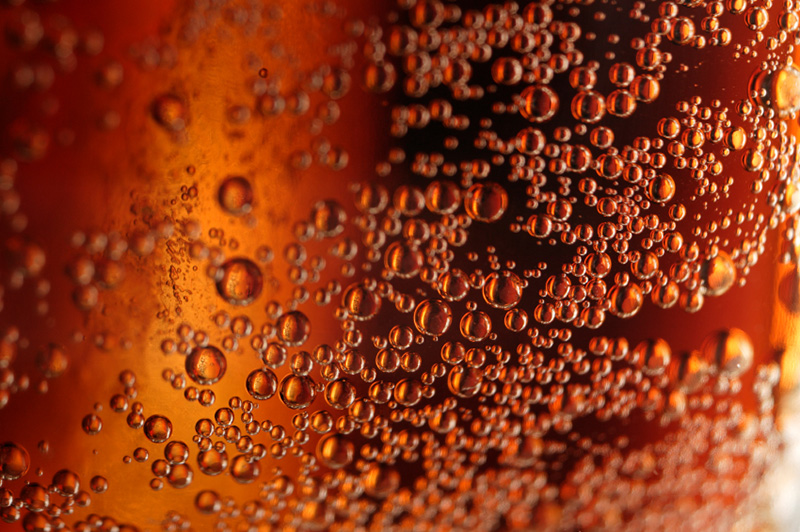More Health and Nutrition Bites
Related
Vegetarian does not equal healthy - at least when it comes to fast food
There's a 'health halo' around vegetarian food. People seem to think that if it's vegetarian, it's good for them. I can't blame them, with all the media hype about this, that, and the other diet which purports to be The Healthiest Diet for Everyone(tm).
Yes, eating out too often is bad for you
We know that people who eat out frequently are more likely to develop obesity, diabetes, and other chronic health conditions, likely because restaurant and fast foods tend to be more calorie-dense, nutrient-poor, and higher in fat and sodium than what you might make at home. So it might seem obvious to conclude that those who eat out a lot are more likely to die of a heart attack or develop cancer.
Junk is junk: seafood at chain restaurants
Part of my mission here at Dr. Gourmet is to help people to add more seafood to their diet. Seafood in general is a point in the Mediterranean diet and a great source of omega-3 fats, which we know are important for cardiovascular health. Mediterranean diet guidelines suggest eating fish twice a week, on average.
Health & Nutrition Bites
Get the latest health and diet news - along with what you can do about it - sent to your Inbox once a week. Get Dr. Gourmet's Health and Nutrition Bites sent to you via email. Sign up now!
How much junk are Americans eating?

In a general sense, we know people eat too much junk food.
In analyzing just how much "junk" people eat and that junk foods' effect on health, the difficulty has been in defining just what, exactly, junk food is.
Nutrition research is a comparatively new field, and until recently "junk food" has been a term applied to types of foods: salty snacks, desserts, and sweets are the three most common examples. This meant that foods like juice drinks (that are not 100% fruit juice) and foods with lots of added sodium or saturated fat were not considered junk foods.
In 2016 Chile implemented "the most comprehensive set of obesity-preventive regulations in the world," which applies additional sales restrictions to foods with excessive energy density as well as added saturated fats, sugars, and sodium ingredients.
For example: for solid foods, if 100 grams (about 3.5 ounces) of a product met any of these criteria:
>300 calories
>500 milligrams of sodium
total sugar of at least 15 grams
5+ grams of saturated fat
...that food is considered "junk". "Junk" definitions for liquid foods include 5 grams of sugar, 3 grams of saturated fat, and 80 grams of sodium per 100 grams (about 3.5 fluid ounces).
Using those criterion, how much junk do Americans eat?
Researchers analyzed data from two NHANES (National Health and Nutrition Examination Survey) surveys of 10,000+ adult Americans: one performed in 2015-16, and one in 2017-18 (J Nutr 2022;152:492-500). Using Chile's criteria, the authors determined which foods from the study's included dietary questionnaires would be considered "junk," then assessed the participants' reported intake.
The authors sliced and diced the participants in various ways according to age, ethnicity, and income level, but overall, US adults consumed an average of 4.8 junk food items daily: 1043 calories per day, or 47.1% of total caloric intake.
75% of total sugar intake was from junk. 48% of total saturated fat intake? Also from junk. Sodium intake from junk averaged 1669 milligrams per day - 45.5% of total sodium intake.
The majority of that sodium intake from junk foods came from bread, breakfast cereals, and processed meats, including beef, pork, poultry, and fish.
Sugar-sweetened beverages accounted for over 40% of added sugars from junk foods.
What this means for you
This only quantifies what we have known in general. The take home for you should be a long, hard look at what you eat: how much of it is processed junk? At the very least a first step should be to cut back or eliminate sugar-sweetened beverages, whether they are carbonated sodas or "fruit drinks".
June 22, 2022
